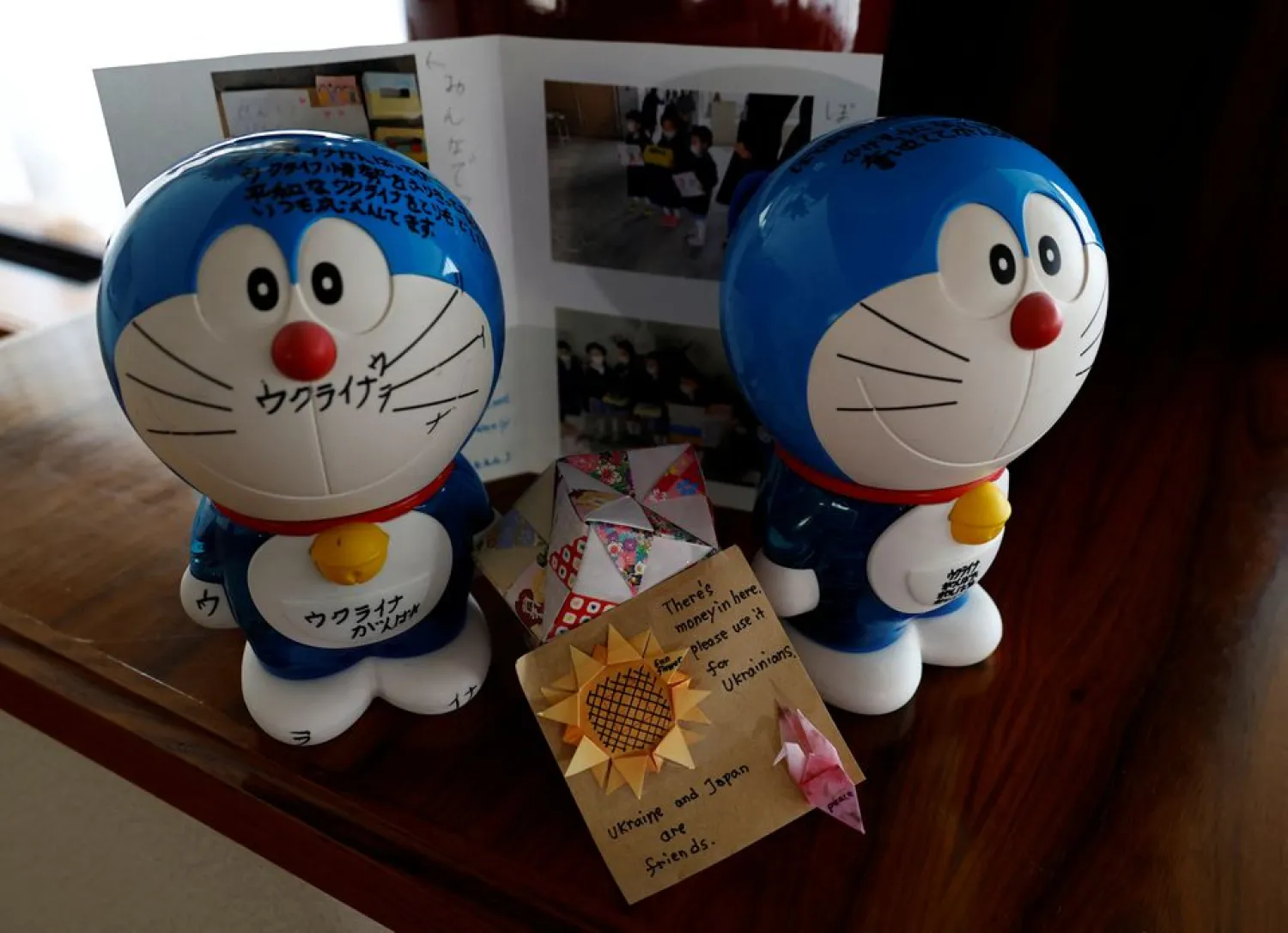Japan said on Tuesday Ukrainian evacuees will be able to convert short-term entry visas into longer-term ones allowing them to work, the latest move by Tokyo, long refugee-shy, to welcome Ukrainians fleeing their war-torn land.
The number of refugees fleeing Ukraine since Russia invaded on Feb. 24 hit more than 2.8 million on Monday.
Japan, despite being the world's third-largest economy, has long been reluctant to accept refugees. In 2020, according to United Nations data, it took 47, with 44 admitted for "humanitarian" reasons.
But within days of the invasion, Prime Minister Fumio Kishida said Japan would take some Ukrainians in. Officials said applications would initially be limited to relatives and friends of the roughly 1,900 Ukrainians already in Japan.
On Tuesday, Justice Minister Yoshihisa Furukawa said that Ukrainians - who initially enter Japan on a 90-day short-term visa - will be able to change to a special visa status permitting them to work, a key step towards building a longer-term life in Japan.
Further steps, as well as a comprehensive support plan, are being worked out by the central government. A total of 47 Ukrainians have arrived in Japan since the outbreak of the war.
Cities around the country have offered housing, while companies - spearheaded by Pan Pacific International, operator of a major Japanese discount store chain - have promised jobs and financial support.
The speed of Japan's response is nearly unprecedented, say refugee advocates, citing heavy media coverage and Kishida's early embrace of the issue.
"Given Japan's close alliance with the United States, I think there's also an element of wanting to contribute as a member of the Western bloc," said Norihisa Orii, director at Pathways Japan, a refugee aid organization.
Japan's distance from Europe may limit numbers, at least initially. Sergiy Korsunsky, Ukraine's ambassador to Japan, told Reuters he expected no more than a few hundred Ukrainians to come to the country.
"We need to start saying thank you to Japan, to the government of Japan," said Alexander Dmitrenko, a Canadian-Ukrainian lawyer working to set up a refugee support plan.
"(And to) those people who uncharacteristically for Japan have taken a very strong stance, very swift action, to support Ukraine generally, and specifically our refugees."









